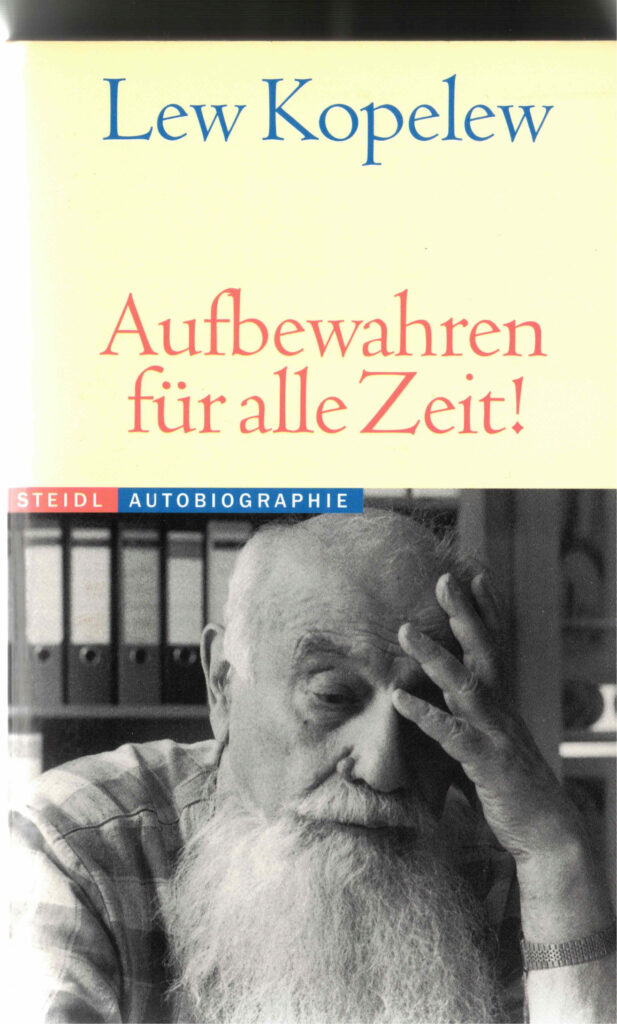It’s a pity that physicist William Astbury was as good a comedian as he was a scientist. For had his jokes been just a bit funnier, he might well have found himself sharing a Nobel Prize for the discovery of the structure of DNA. In this new podcast for BBC History magazine, I explore just how this might have happened. And, after opening with James Watson and Francis Crick’s discovery of the now famous double-helix, made 70 years ago this year, and concluding with a namecheck for Leeds band ‘Chumbawamba’, this might well be a first for the academic discipline of History of Science…
Month: March 2023
‘We Need to Talk About Mendel…’
So, from Roman skeletons in Garforth, it’s back to history of science. Open any GCSE biology textbook today & you’ll see 19th century abbot Gregor Mendel hailed as the founding father of genetics. But what was he really up to with those pea plants? And does it really matter anyway? Let my colleague Prof. Greg Radick author of the forthcoming book ‘Disputed Inheritance: The Battle Over Mendel and the Future of Biology’, convince you that it really does & why getting Mendel & his peas wrong with an oversimplified story can have major – and harmful social consequences…
Garforth skeletons – more ‘Time Team’ than ‘Happy Valley’…
When I first heard earlier this week that around 60 skeletons had been found in Leeds suburb of Garforth where I grew up, I thought it sounded like the plot of another ‘Happy Valley’/ ‘Better’ gritty piece of Northern Noir crime drama.
It turns out instead to have been the discovery of a late Roman/ Early Anglo Saxon cemetery that could quite possibly shed valuable new light into understanding what happened in Britain as the Western Roman Empire collapsed and the Roman legions legged it home.
So, no need to call for Catherine Cawood or DI Lou Slack then- although if the latter found 60 skeletons in a field, she’d most likely just take a back hander from sinister crime boss played (wonderfully by Andrew Buchan) and turn a blind eye (no spoilers there – it’s there right from the start!)
‘To Be Preserved Forever…’
A year after the brutal invasion of #Ukraine, the reflections of Lev Kopelev have never been more timely. As an officer in the Soviet army Kopelev had taken part in the invasion of the German territory of East Prussia at the end of WW2, and was ashamed and horrified at the treatment of the civilian population there. In his book ‘Aufbewahren für Alle Zeit’ (‘To Be Preserved Forever’), he asked:
What happened in East Prussia? Was such a brutalisation of our people really necessary and unavoidable– rape and pillage – did it really have to be like that?… In the newspapers, on the radio, we called for holy vengeance. But what kind of revenge was this – and on whom was our vengeance exacted? Why did so many of our soldiers turn out to be selfish thugs who raped women and girls at the side of the street in the snow, in the entrances to houses, who shot dead those without weapons and destroyed and burned whatever they could not carry – purely out of mindless vandalism. How did any of this become possible?
Kopelev’s stance cost him dearly. Charged with the ‘crime’ of having ‘shown pity for the enemy’, he was arrested and imprisoned for nearly ten years. Had he been around today, I am pretty sure that Kopelev would have been asking the same questions about the horror that is unfolding in #Ukraine. And I’m equally confident that the answer to his question about whether any of the misery that has been inflicted in the past year was necessary would have been a resounding ‘No!’ As for his ‘crime’ of having had the courage and empathy to imagine what it might feel like to be another human being, regardless of their nationality – let this be an inspiration to us all.
